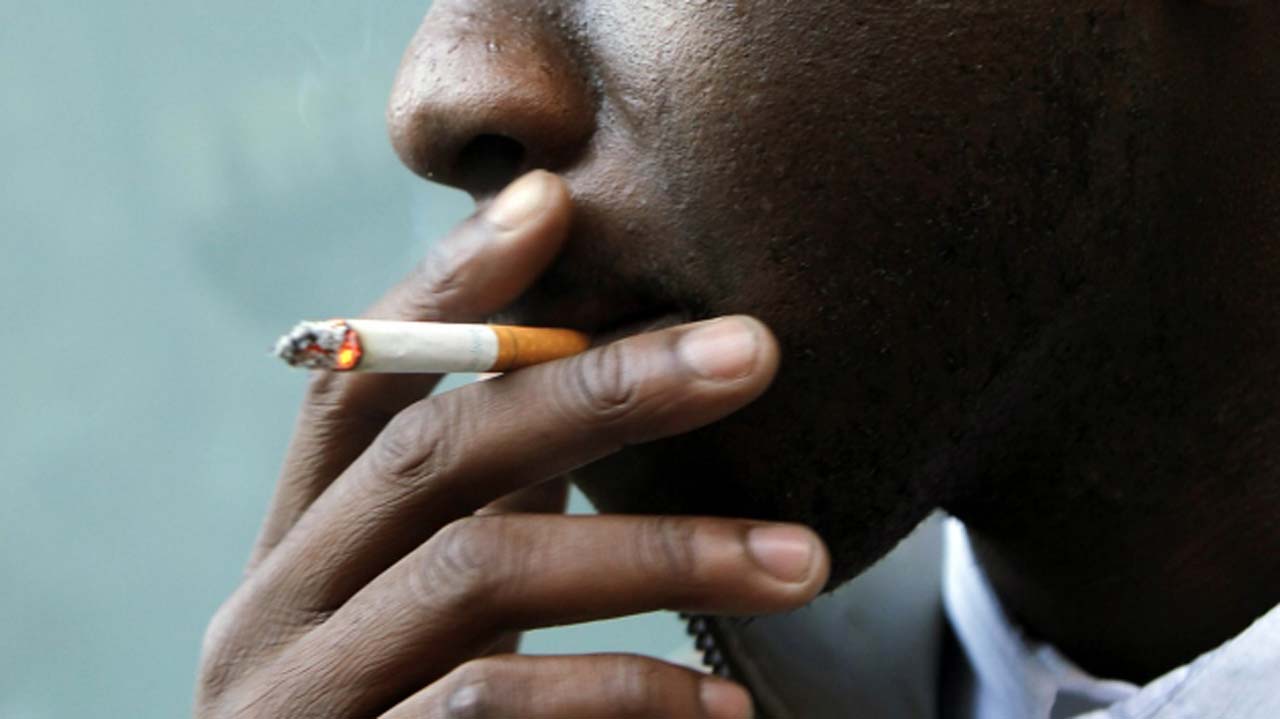
The World Health Organisation has said over seven million people die yearly from the use of tobacco. Also, the substance costs households and governments over $ 1.4 trillion (about N504 trillion) during same period.
In a report, released yesterday ahead of the World No Tobacco Day (WNTD) holding today, the global agency mulled action for countries in order to prevent its use as well as combat poverty and reduce large-scale environmental degradation.
The theme of this year’s event is “Tobacco – a threat to development.”
WHO noted that 80 per cent of the casualties are from low or middle-income countries. In Africa for instance, about 146,000 adults, aged 30 years and above, die yearly from tobacco-related diseases.
Consequently, the global agency called on member states to include control mechanism in their national policies, plans and Sustainable Development Goals (SDGs) implementation frameworks as well as implement the WHO Framework Convention on Tobacco Control, including raising tobacco taxes to reduce its demand.
The Regional Director for WHO Africa Office, Dr. Matshidiso Moeti, in a statement, said the revenue generated for governments could be used to finance universal health coverage, promotion and other developmental programmes.
And the Director-General, Dr. Margaret Chan, noted: “Tobacco threatens us all. It exacerbates poverty, reduces economic productivity, contributes to poor household food choices and pollutes indoor air.
“But by taking robust tobacco control measures, governments can safeguard their countries’ futures by protecting tobacco users and non-users from these deadly products, generating revenues to fund health and other social services, and saving their environments from the ravages tobacco causes.”
All countries have committed to the 2030 Agenda for Sustainable Development, which aims to strengthen universal peace and eradicate poverty. Key elements of the document include implementing the WHO Framework Convention on Tobacco Control, and by reducing by one third premature deaths from non-communicable diseases (NCDs), including heart and lung diseases, cancer, and diabetes, for which tobacco use is a key risk factor.



